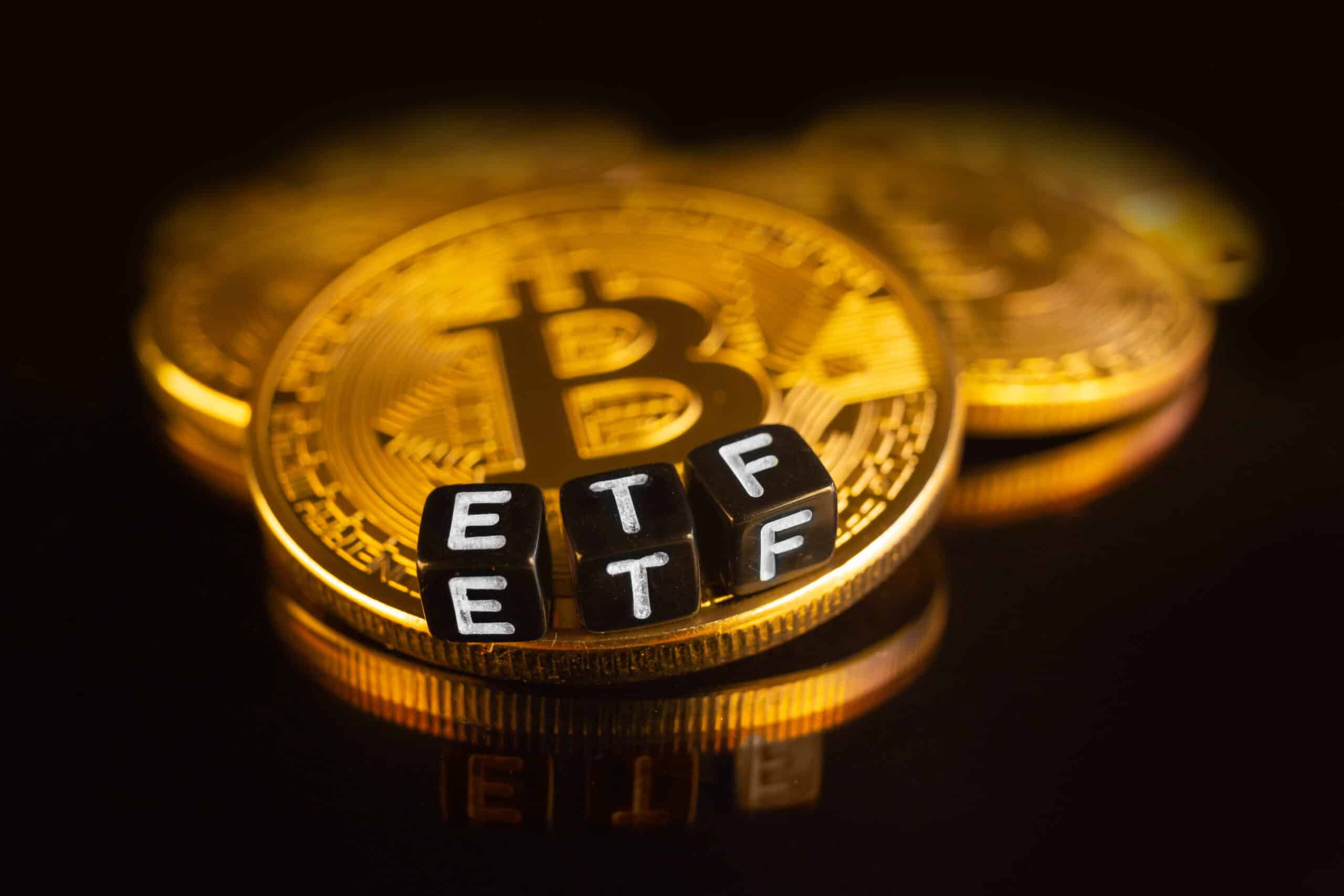The scale of Hong Kong’s upcoming spot bitcoin (BTC) and ether (ETH) ETF launches are likely to pale in comparison to the recent multi-billion BTC ETF haul for US funds. The 11 US-based ETFs have attracted almost $60 billion in assets since launching on Jan. 11.
But estimates vary widely as to how much Hong Kong’s new products, the first four of which were approved Monday by the Hong Kong Securities and Futures Commission, will capture.
Read more: There Are Now 11 Spot Bitcoin ETFs. Here’s the One That’s Best for You
Claiming a certain class of mainland China investors could access a Hong Kong BTC ETF, the Singapore-based financial services platform Matrixport reportedly estimated the vehicles could bring in a mammoth $25 billion of demand. That estimate, according to Matrixport, would only be possible if regulators approve the ETFs without any restrictions.
Most mainland China investors are not permitted to invest in ETFs listed in Hong Kong, constraining the Hong Kong market’s overall ETF market capitalization to around $50 billion, with trading driven by local buyers and sellers.
Matrixport’s projection appears to be an outlier. Eric Balchunas, a senior ETF analyst at Bloomberg, on Tuesday said his team projects that Hong Kong would be “lucky” to capture $500 million of inflows, to its spot BTC products.
Read more: Why Spot Bitcoin ETFs Are (But Mostly Aren’t) a Big Deal for Crypto
Balchunas in a post on X wrote that a combination of Chinese locals not being able to buy the ETFs, relatively small issuers, high fees (likely between 1% and 2% a year), and comparably wide spreads are likely to dampen demand.
Latest on HK spot Bitcoin ETFs: They have been approved to exist but not launch (yet). Rumor has it launching next wk so to not compete w Dubai conf. Don't expect a lot of flows (I saw one estimate of $25b that's insane). We think they'll be lucky to get $500m. Here's why:
1. HK…— Eric Balchunas (@EricBalchunas) April 15, 2024
The Hong Kong Securities and Futures Commission, which regulates ETFs, on Monday approved Bosera Capital, China Asset Management, HashKey Capital and Harvest Global to offer spot bitcoin and ether ETFs, according to the firms.
Ryan Rasmussen, a senior crypto research analyst at Bitwise Asset Management, said the combined demand for BTC and ETH ETFs in Hong Kong could hit $1 billion — with the vast majority of that figure attributed to bitcoin.
Hong Kong regulators appeared to have been, at least to an extent, following the U.S. Securities and Exchange Commission’s playbook in first approving BTC futures ETFs, eventually paving the way for their spot counterparts.
Effect on Crypto Prices
“We’ll see demand for these products, and, in the same way demand for [US spot BTC ETFs] helped push price up, I think we’ll have not the same level of impact from a price appreciation perspective, but we’ll have certainly a positive impact on price,” Rasmussen said. “It brings more demand in the market for bitcoin.”
SEC BTC ETF approvals helped propel bitcoin’s price increase of more than 40% this year, trading in the $67,700 range as of publication. Bitcoin hit an all-time high of just under $74,000 in mid-March in response to the heavy demand exhibited for the funds.
Michael Dunn, president of bitcoin derivatives exchange Bitnomial, said in a statement that the Hong Kong approvals demonstrate that “demand for physical bitcoin is still high.”
The launches could, though, tie up liquidity for bitcoin trading outside of ETFs, according to Dunn.
“This will only perpetuate the ongoing shortage of physical BTC supply that we’ve observed in the markets since the US launched its spot bitcoin ETF in January,” he said.



